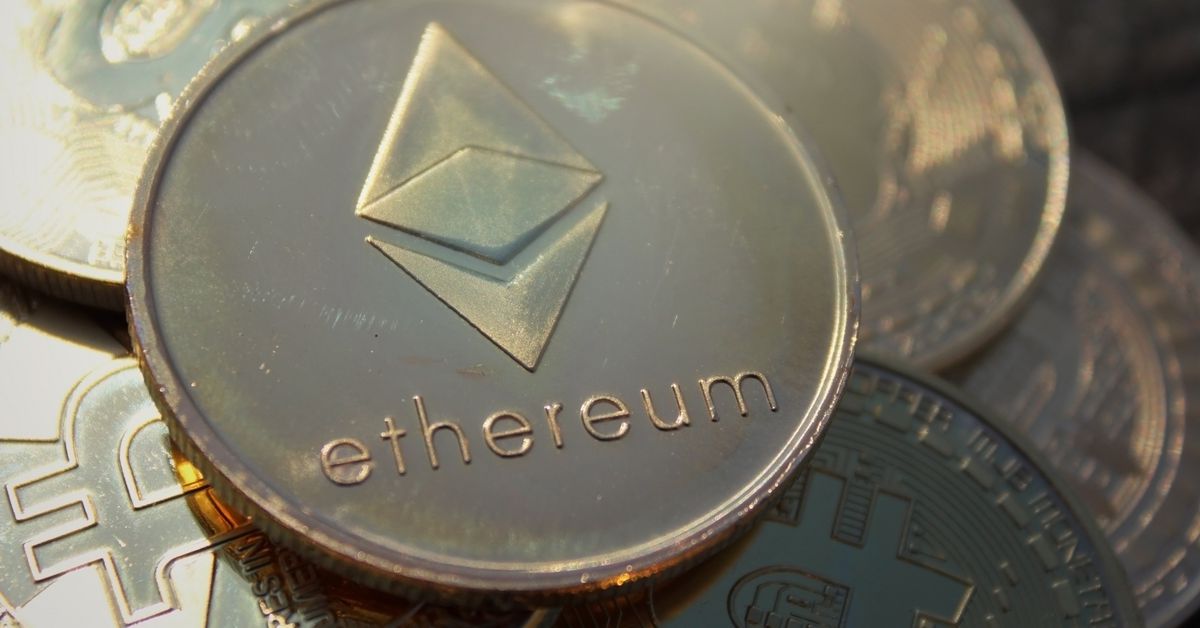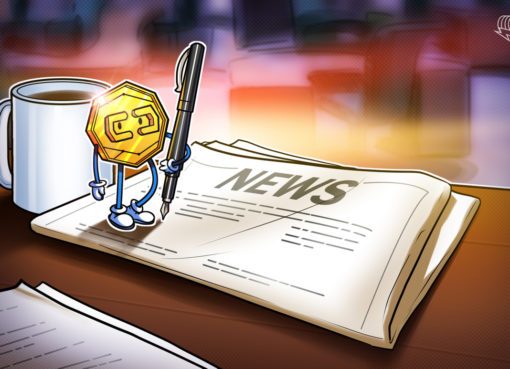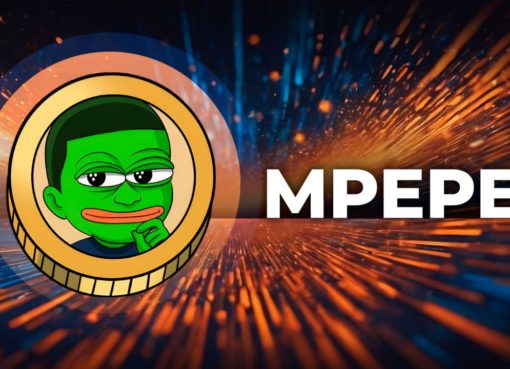Ether (ETH) is the main token of the Ethereum blockchain and the world’s second-largest cryptocurrency by market capitalization. Just like the largest cryptocurrency, bitcoin, ether can be used to send payments directly to another person without the need for an intermediary such as a bank.
The long-term vision for Ethereum is to power more than just financial transactions. Software developers are able to build applications on Ethereum, ranging from decentralized platforms for lending money to social media networks.
For any Ethereum-based app, ether acts as the primary “fuel.” Any activity on the blockchain requires an amount of ether to power it, also known as “gas.”
In Ethereum, ether can be used for the following things:
- Payments: Like bitcoin, ether can be used for payments. Users can send ether to another user and, just like cash, the payment doesn’t require a third party to process or approve it.
- Powering decentralized applications: Ether is required in order to use decentralized apps (dapps) built on Ethereum, from staking ERC-20 tokens for yield farming to completing functions such as governance voting.
- Transactions fees: Every Ethereum action – from payments to using dapps – requires a fee.
Ethereum FAQs
How do I use ether?
First, users need to decide on which ether wallet they plan to store their funds in. Ether can be bought with fiat currencies like the U.S dollar or other cryptocurrency base pairs on a range of different exchanges.
Our guide on how to use Ethereum dives into this in much more detail.
Why are there ether fees?
Every time users send funds to and from a dapp or transfer any ERC20 coin between wallets they must pay a fee to do so. This is because Ethereum currently uses miners to validate transactions on the network. These miners use their specialized hardware to add new transactions to the blockchain.
Prior to the London hard fork (a non-backward compatible upgrade that introduced new features), an auction-style system was used to determine how miners chose which transactions to process first. The higher the fee attached to a transaction, the higher up on the miner’s list it went to be added. However, this meant fees were incredibly unpredictable and could surge dramatically during times of high congestion.
A new base fee was introduced as part of EIP 1559 in 2021 to create a more predictable fee structure for Ethereum users. Instead of an auction-style system, fees are now established algorithmically based on how many users are active on the network at the time. Tips can be added should a user wish to have their transaction processed faster, but this is entirely optional.
What is Ethereum gas?
Ethereum transaction fees are calculated based on how much “gas” the action requires.
Each action costs an amount of gas based on the computational power required and how long it takes to run. A transaction costs whatever your gas limit is multiplied by the base fee plus any tip you wish to add.
It can be expressed as, Gas unit (limits) * (Base fee + Tip).
In this way, ether has sometimes been called “digital oil” because it’s used to pay for a certain amount of mileage, so to speak.
How is ether used to power a dapp?
Ether works like fuel for dapps on the network. Say you’re using an Ethereum-based notebook dapp that allows you to write immutable to-do lists that are saved on the blockchain. To post a note, a user might need to pay a transaction fee in ether to add a new list to the notebook.
Dapps each enable this in a different way. When a user goes to post a note, for instance, the notebook app might prompt the user to send the fee. Metamask, an ERC20 wallet built into browsers, can be helpful for this because it sits in the corner of the browser and can automatically understand when to help with sending transactions.
How is ether different from Ethereum?
Ethereum is the entire network. Ether is the main token that runs on it, making it a crucial part of Ethereum.
How many ether are there?
There are currently more than 119,120,909 ether, according to data provider Messari.
Five ether are created roughly every 12 seconds. But beyond that, the rules for ether’s economy are open-ended and frequently change as new improvement proposals are agreed upon by the Ethereum developer community. While bitcoin has a hard cap of 21 million bitcoins, Ethereum’s main token does not have a set max supply limit.
How many Ethereum tokens were created initially?
Sixty million tokens were purchased by users in Ethereum’s initial 2014 crowdfunding campaign. Another 12 million went to the Ethereum Foundation, which is a group of researchers and developers that works on improving the underlying technology.




